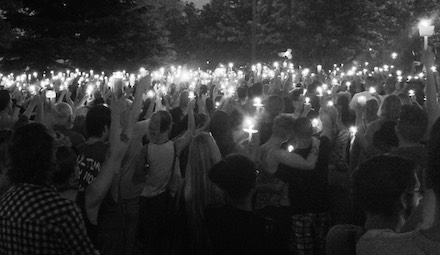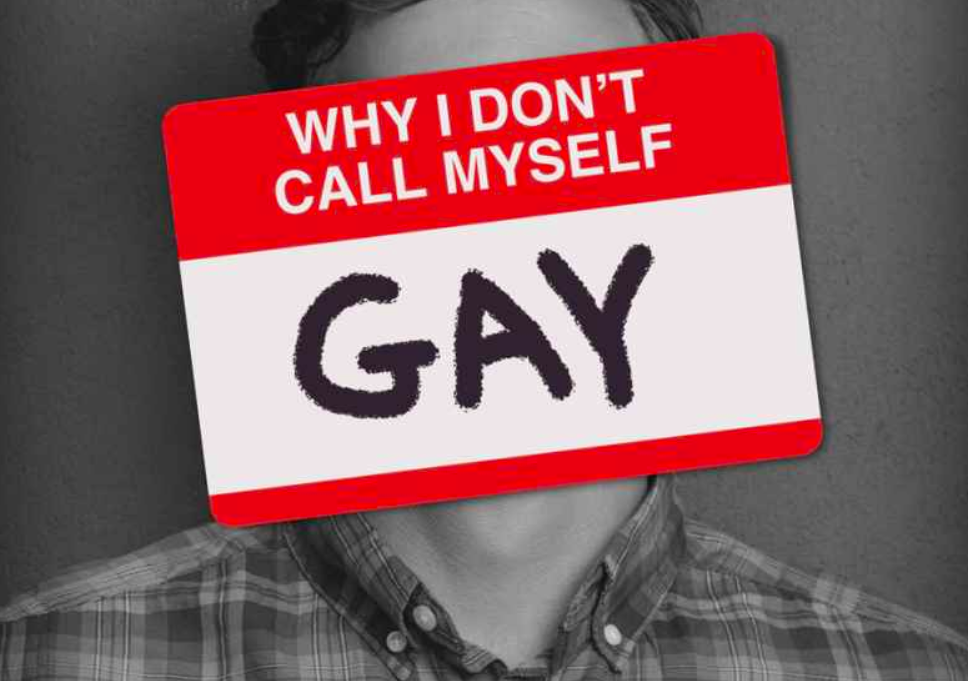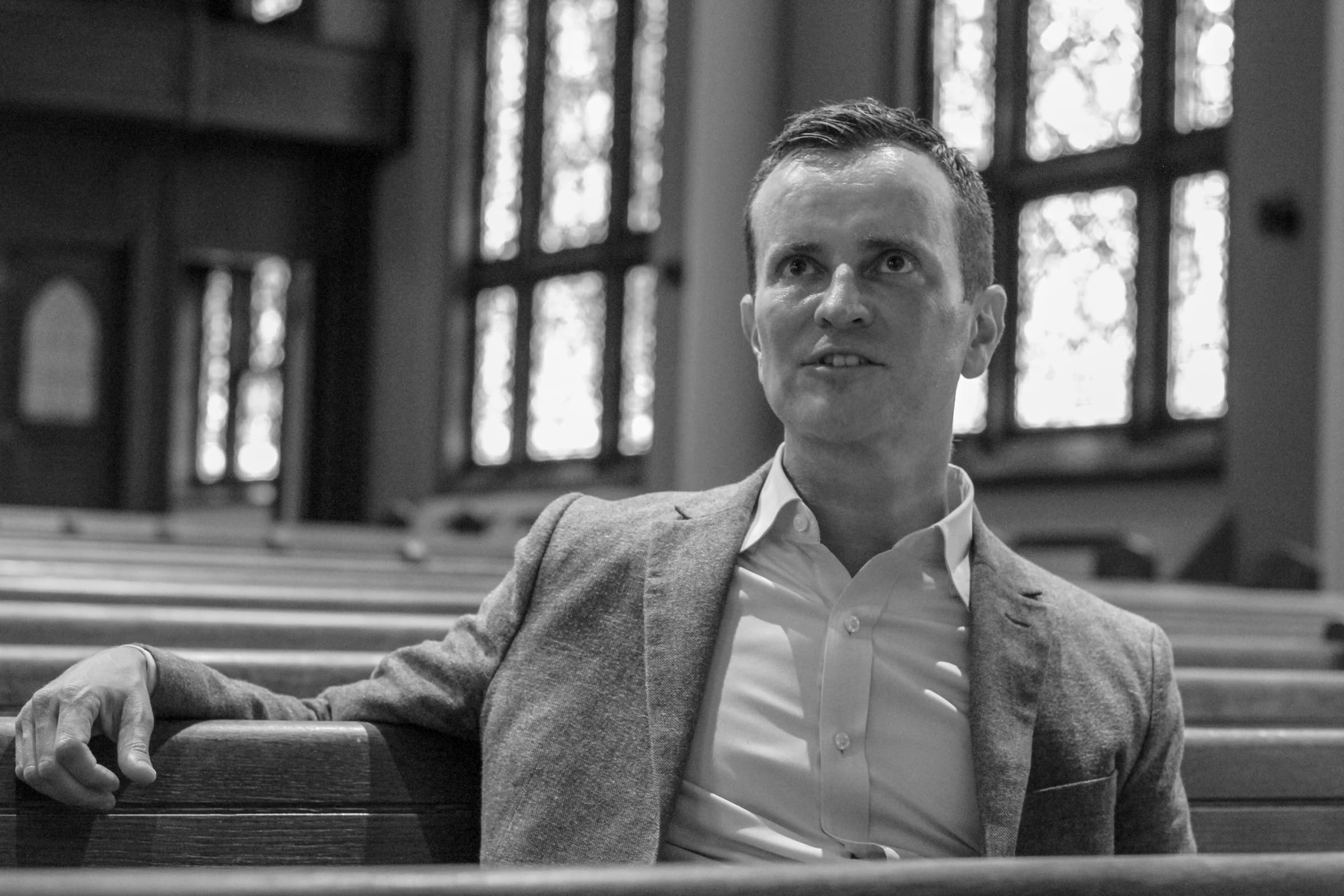Polarization is on full display in American society. At the national level, we see the Democratic and Republican parties increasingly unwilling to work with one another on legislation, as opposing the other party becomes more important and compromise becomes a dirty word. Even in our local churches, pandemic measures such as masks and vaccines have similarly created division. People have a tendency to attribute the worst motives of the those they disagree with, whether that’s claiming that opposition to abortion is really about a desire to control women, or that teaching about racism is intended to make people feel guilty for being white.
Even our views on the truth of basic facts can be affected by polarization, with a significant fraction of Republicans believing that the 2020 election was stolen from Donald Trump, while outside those circles the consensus is that Joe Biden legitimately won.
There has been much discussion on the causes of polarization, and in particular on the role of social media platforms in creating and exacerbating polarization. Feature documentaries such as The Social Dilemma have explored this topic. Some of the problems with polarization are clear to everyone involved. Without an ability to have reasonable dialog, we just end up yelling at each other instead of making forward progress. However, I think that Scripture sheds light on even deeper issues, especially in the hearts of Christian believers.
As Christians, we ought to recognize the dangers that come with polarization. We should take the time to examine its effects on our witness, our own thinking, and our own hearts. Fortunately, as I hope to describe here, Scripture also gives us the principles we need to respond to polarization. Its teaching is often difficult, but also points to a much needed new way forward. In this post, I will point out some biblical principles that govern how we are to interact with others, particularly those we disagree with. Then I will discuss some of the implications of those principles in how we interact with others.
Continue reading







You must be logged in to post a comment.